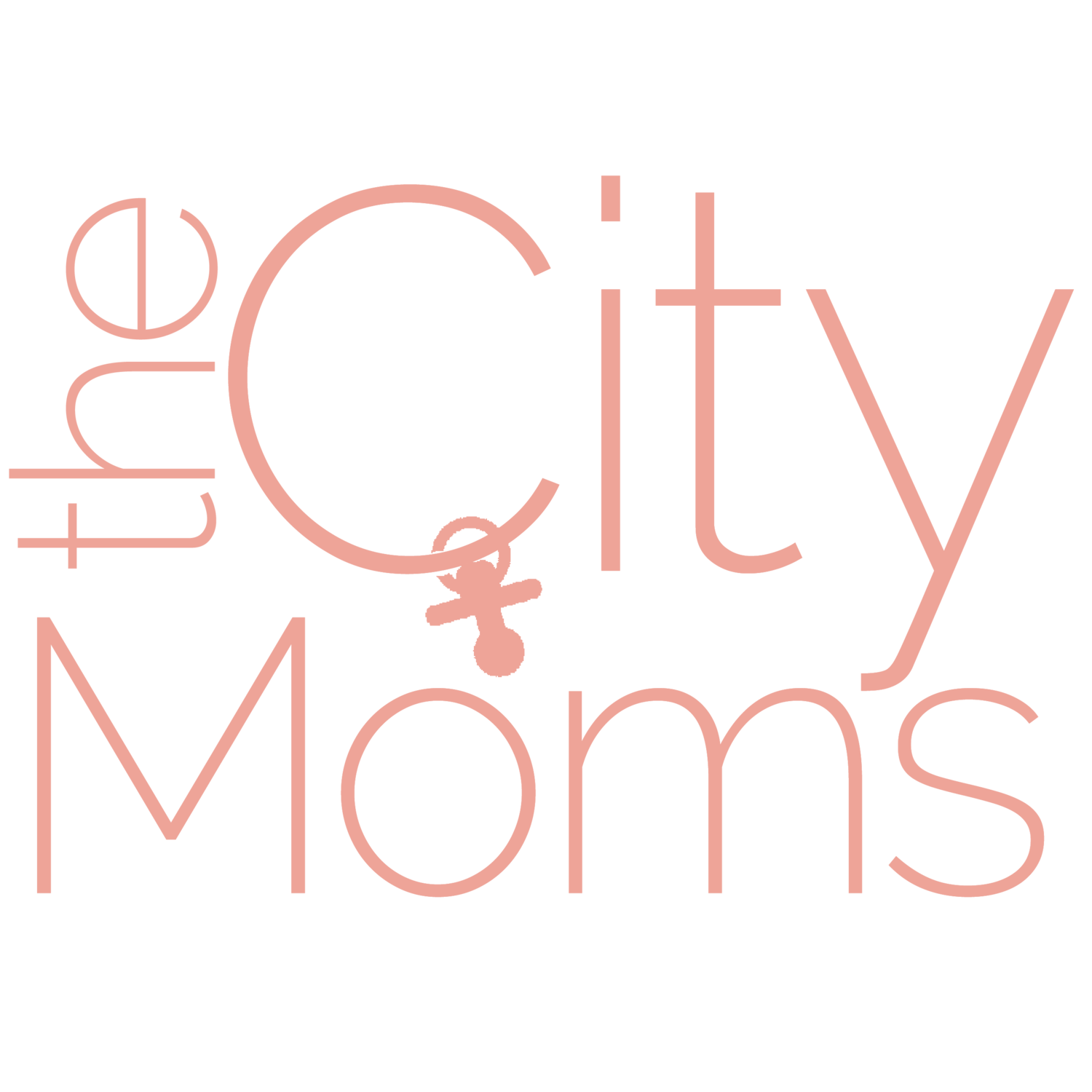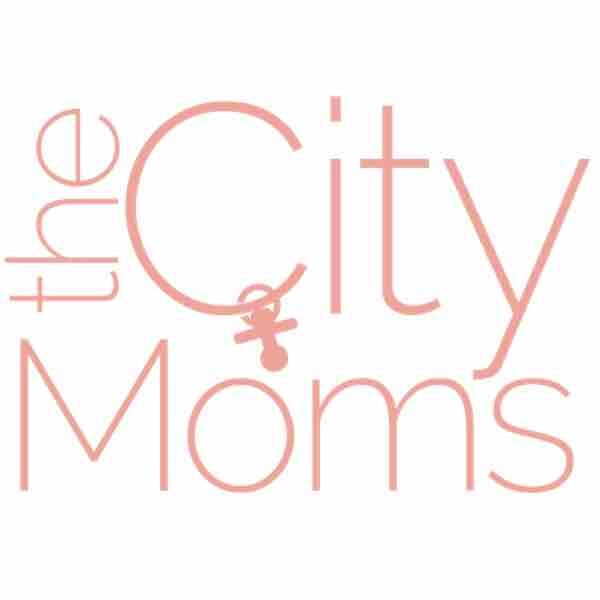September Is Baby Safety Month: Tips You Should Know
theCityMoms use affiliate links to support our staff and work, but our opinion is never influenced. We only share items we use and love.
September is Baby Safety Month. And although baby’s safety is a top priority all year long, it’s a good month to check-in on (and possibly refresh?) some of your safety routines at home and on-the-go.
We’re peeking at a few of those key Baby Safety Month tips to know, all divided into easy categories.
Here Are the Tips You Should Know for Baby Safety Month:
1. Car Seat Safety
No joke: Every state in the US requires children to be in a safety seat when riding in a vehicle. Regardless of the state you’re located in, this makes September a good month to run thru your checklist of car seat safety musts. Our key car seat safety tips for baby are:
Regularly review the NHTSA car seat regulations and recommendations and ensure your baby is in the right seat for their age, weight, and life stage.
After purchase, register your car seat - this triggers any recall or safety notifications.
Check your seat’s installation regularly for loose straps, buckles, and/or incorrect placement.
Have questions about installation? Get your car seat inspected at a location near you.
Always keep the harness buckled.
Place the chest clip level with baby’s armpits.
Don’t add extra pillows or blankets inside the car seat straps - this can cause them to work improperly.
Important: If you’re ever involved in a fender bender, it may have affected the safety precautions and measures of a car seat. Work with your insurance company to get it replaced quickly.
2. Water (and bathtime) Safety
You’ve heard the stat: a baby can drown in less than an inch of water. So whether you’re giving baby a bath, taking them swimming, or even something small like creek stomping, you need to be diligent. Never leave a baby unattended in or around water. Our key water safety tips for baby are:
Set your water heater to 120F to avoid burning baby when bathing.
Check the water temp before placing baby in - if it’s too hot to the touch, it’s too hot for them.
Always check in with the other adults around if you need to step away - don’t assume someone else is watching.
Drain water from a bathtub when not using.
Use toilet locks to keep kids from lifting lids or falling in.
Install a fence around pools that is at least 5’ tall.
Don’t let children use inflatable floatation devices unsupervised.
Consider enrolling your baby in Infant Swim Resource classes. Start here for info.
3. Crib Safety
A newborn spends lots of time sleeping, and it’s critical to make sure their sleep environment is safe. Our key crib safety tips for baby are:
Choose a firm mattress that fits the crib.
Always use a fitted sheet.
Remove blankets, pillows, toys, stuffed animals and other extras from the crib to avoid smothering concerns.
Avoid using bumpers in the crib, or invest in a breathable bumper.
Lay baby on their back to reduce the risk of Sudden Infant Death Syndrome (SIDS).
Use a sleep sack to keep baby warm.
Keep cribs away from windows with blinds that have strings or cords within reach.
CARING FOR LITTLE ONES?
4. Home Safety
Babies may not be crawling yet, but could still encounter some hazards around home. Our key home safety tips for baby are:
Have working smoke alarm and carbon monoxide detectors placed outside baby’s room and check them regularly.
Store a fire extinguisher on all levels of your house for quick access in an emergency.
Keep babies strapped in when using high chairs and swings.
Secure furniture to the wall with mounts to prevent them from tipping over.
Use safety gates to keep kiddos off stairs.
Keep potentially poisonous household items locked up or out of reach.
5. On-the-go Safety
It’s tough to manage all hazards when you’re on the go, but plenty of ways to keep baby safe when you’re out of the house. Our key on-the-go safety tips for baby are:
Keep babies in the shade as much as possible. Dress them in long sleeves, pants, a wide-brimmed hat and sunglasses.
Don’t forget, the National Skin Cancer Foundation recommends avoiding sunscreen on babies 6 months and younger.
When using diaper changing stations out at restaurants, community stops, etc., always check that the safety straps are secure and the unit is working before placing baby on the table. We love Pluie, the world's first and only self-sanitizing diaper changing table for public restrooms!
Insect repellents with DEET should not be used on children under 2 months old. For babies ages 2 months and older, you may use an insect repellent with 10 to 30 percent DEET.
While this is a very extensive list, it isn’t exhaustive of all the ways to keep babies safe during Baby Safety Month and year-round.
Looking for even more baby safety tips? Check out 10 ways to babyproof your home!








